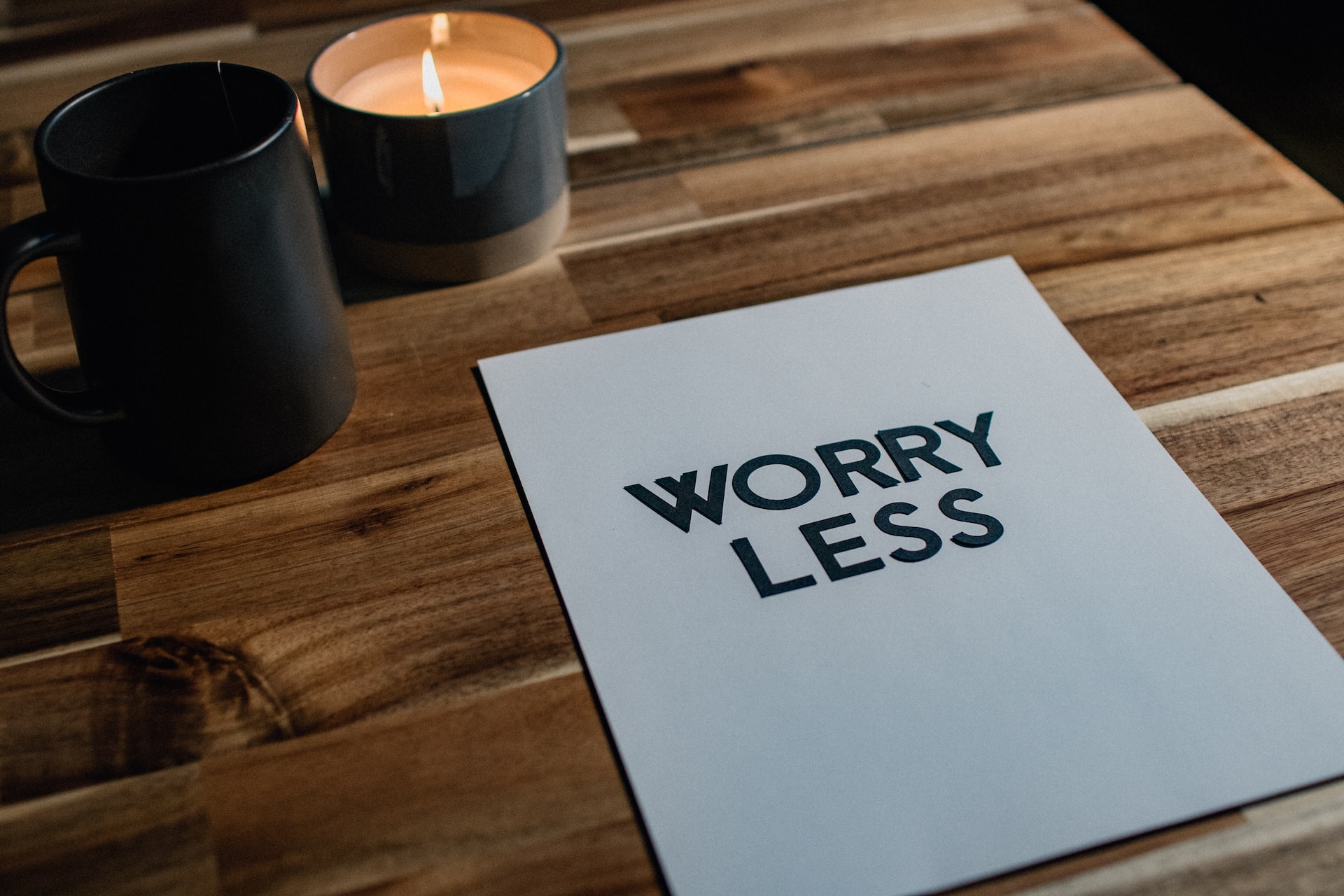Answer the following questions honestly to determine your attachment style. Choose the option that best describes your typical reactions, feelings, thoughts, and behaviors in relationships.
Question 1: How do you feel when your partner is not around?
- I feel anxious and worry that they might not come back.
- I enjoy the time alone but look forward to seeing them again.
- I hardly notice they’re gone and don’t feel a strong need for them to return soon.
- I feel uncomfortable with too much closeness and need personal space.
Question 2: How do you usually handle conflicts with your partner?
- I feel distressed and need reassurance that everything is okay.
- I address the issue calmly and work toward a resolution together.
- I try to avoid conflicts altogether, even if it means not discussing important issues.
- I often withdraw and prefer to solve problems on my own.
Question 3: What best describes your typical approach to intimacy and closeness in relationships?
- I crave closeness and need constant reassurance from my partner.
- I am comfortable with intimacy and value a balanced, close relationship.
- I am not comfortable with too much closeness and prefer to keep some distance.
- I find intimacy overwhelming and tend to pull back when someone gets close.
Question 4: How do you feel when your partner expresses their needs and emotions?
- I feel overwhelmed and worry about meeting their needs.
- I feel empathetic and supportive, ready to listen and help.
- I feel indifferent and sometimes annoyed by their needs.
- I feel trapped and prefer to avoid dealing with their emotions.
Question 5: How do you typically react to perceived rejection or criticism from your partner?
- I feel devastated and worry that they might leave me.
- I feel hurt but can discuss my feelings and resolve the issue.
- I brush it off and avoid thinking about it too much.
- I feel attacked and usually withdraw and become defensive.
Results
Mostly A’s: Anxious Attachment Style
You tend to worry about your relationships and need a lot of reassurance from your partner. You might find yourself fearing rejection and craving attention and closeness intensely.
Mostly B’s: Secure Attachment Style
You are comfortable with intimacy and independence in relationships. You handle conflicts well and feel secure in your connections with others.
Mostly C’s: Avoidant Attachment Style
You prefer independence and often feel uncomfortable with too much closeness. You might avoid deep emotional connections and rely on yourself.
Mostly D’s: Disorganized Attachment Style
You experience a mix of craving closeness and feeling overwhelmed by it. Your reactions can be unpredictable, and you might struggle with emotional regulation in relationships.
Christian counseling for your attachment style
Therapy can significantly help individuals understand and heal from the trauma and recover from past experiences that have led to an unhealthy attachment style. A Christian therapist can help forge a path to healthy and secure attachments and heal the underlying emotional wounds.
As Christians, we are to cast all our cares on Him because we know that Christ cares for us (1 Peter 5:7) but knowing that we can cast our cares on Him and practically exercising that in our relationships can be quite different. Therapy can help you work through the process and offers practical psychological support and spiritual guidance. If you would like to learn more about therapy for healing from an unhealthy attachment style, please call our office today.
“Sunset View”, Courtesy of James Qualtrough, Unsplash.com, CC0 License
- Stephanie Kramer: Author
Stephanie Kramer is the Editor-in-Chief of a leading faith-based publication. She holds a BA in Art History and Visual Anthropology from Western Washington University and brings extensive experience from her previous role as Editor of a prominent fai...
DISCLAIMER: THIS ARTICLE DOES NOT PROVIDE MEDICAL ADVICE
Articles are intended for informational purposes only and do not constitute medical advice; the content is not intended to be a substitute for professional medical advice, diagnosis, or treatment. All opinions expressed by authors and quoted sources are their own and do not necessarily reflect the opinions of the editors, publishers or editorial boards of Stone Oak Christian Counseling. This website does not recommend or endorse any specific tests, physicians, products, procedures, opinions, or other information that may be mentioned on the Site. Reliance on any information provided by this website is solely at your own risk.







